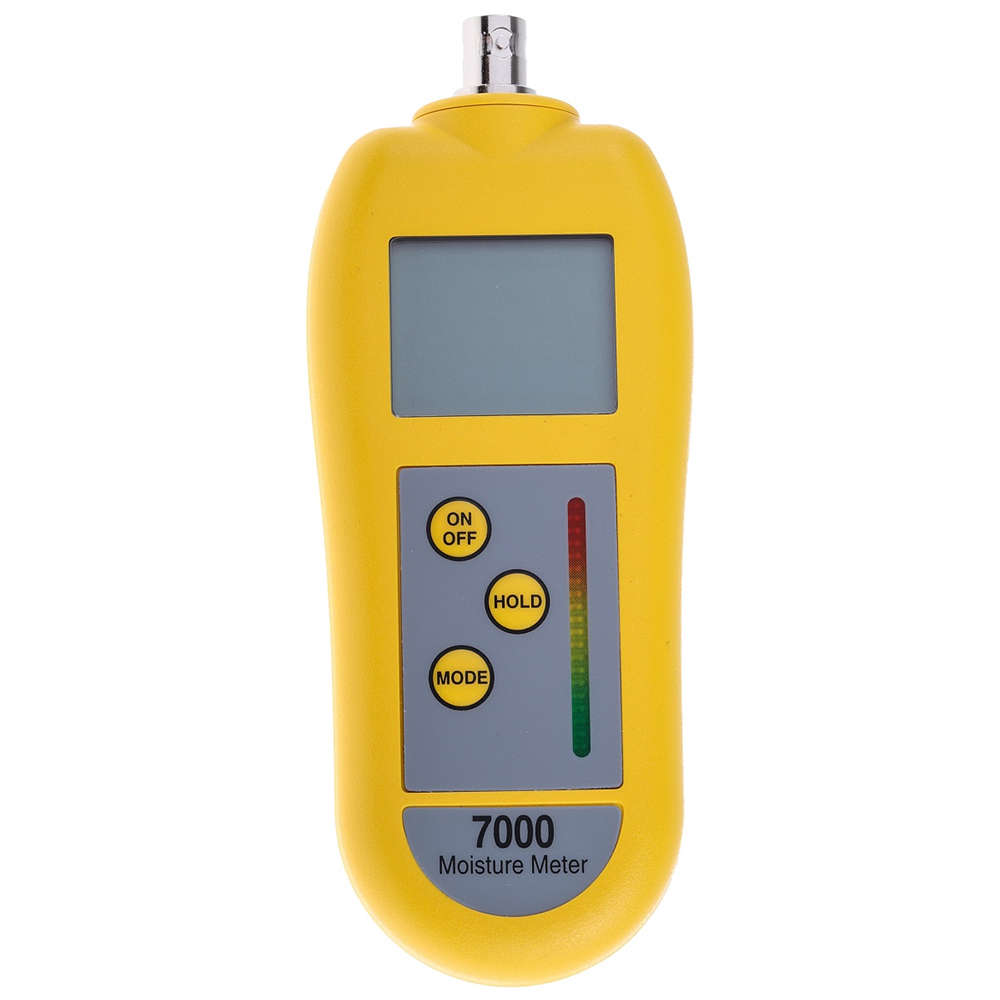The Ultimate Guide to Dampness Meters: A Comprehensive Introduction and Exactly How They Can Conserve You Cash
Dampness meters serve as vital tools in finding and monitoring moisture material in products, aiding in avoiding costly problems and ensuring the high quality of items. Understanding the nuances of various kinds of moisture meters, their applications, and the possible cost-saving advantages they use can be a game-changer for companies and professionals alike.
Kinds of Dampness Meters
One common type is the pin-type moisture meter, which determines the electrical resistance between 2 pins inserted right into a product. Pinless wetness meters, on the various other hand, use electro-magnetic sensor plates to check a larger location without creating damage to the material's surface area.

Infrared dampness meters measure the thermal properties of a material to establish its moisture material non-invasively, making them valuable for applications where pin or pinless meters may not be appropriate. Recognizing the different types of wetness meters readily available can help sectors choose the most proper device for their particular moisture measurement demands.

Benefits of Using Wetness Meters
Dampness meters offer indispensable advantages in precisely checking and assessing dampness degrees in diverse materials and settings. One of the main benefits of utilizing wetness meters is the prevention of possible damage caused by excess dampness.
Moreover, utilizing moisture meters can lead to raised power effectiveness. In agricultural settings, moisture meters play a vital role in enhancing crop yields by making it possible for farmers to keep an eye on soil moisture levels and make educated irrigation choices.
Just How to Select the Right Dampness Meter
When selecting a moisture meter, it's essential to make certain that the meter is appropriate for the particular material you will certainly be testing. Various products have varying electric buildings that can impact moisture analyses, so choosing a meter made for your product is essential for exact results. By carefully assessing these factors, you can select a moisture meter that satisfies your needs and supplies accurate dampness measurements for your jobs.
Proper Methods for Moisture Meter Usage

Price Savings Through Wetness Meter Applications
Just how can the tactical use of dampness meters result in considerable price financial savings throughout different industries? Dampness meters play a critical role in price savings by avoiding possible damages and making certain quality assurance in various markets. In the farming sector, moisture meters aid in establishing the optimum time for harvesting crops, protecting against over-drying or excess dampness that can impact the end product's high quality. This accurate monitoring helps farmers avoid unneeded losses and maximize their yield.
In a similar way, in construction, moisture meters help prevent costly damages by discovering moisture levels in building products, such as wood or concrete, which can result in structural problems if not resolved without delay. By determining problem areas at an early stage, professionals can take corrective procedures to avoid substantial repair services or substitutes, inevitably saving money and time.
In addition, in the food handling industry, moisture meters are essential for keeping track of item top quality and guaranteeing compliance with security laws. By click now precisely measuring wetness content in foodstuff, suppliers can prevent spoilage, preserve quality, and reduce waste, resulting in substantial expense financial savings. In general, the tactical application of moisture meters is a beneficial investment that can lead to considerable cost decreases and boosted performance across various industries.
Final Thought
Finally, moisture meters are valuable devices for measuring and finding dampness degrees in various products. By using the appropriate wetness meter and complying with proper strategies, customers can successfully protect against pricey problems caused by excess dampness. Buying a quality moisture meter can result in substantial price financial savings in the future by determining potential concerns beforehand and making it possible for prompt removal. Eventually, dampness meters are crucial tools for preserving the integrity and durability of structures and materials.
Moisture meters serve as vital devices in detecting and monitoring moisture material in products, assisting in stopping costly problems and ensuring the high quality of items. Infrared moisture meters determine the thermal homes of a product to identify its wetness material non-invasively, making them beneficial for applications where pin or pinless meters might not be suitable.Dampness meters provide vital advantages in properly evaluating and monitoring dampness levels in diverse materials and atmospheres. In agricultural setups, dampness meters play an important role in enhancing plant returns by making it possible for farmers to keep track of soil wetness degrees and make educated irrigation decisions.In verdict, moisture meters are valuable devices for identifying and gauging moisture levels in different products.
Comments on “The Scientific Research Behind Moisture Meters: How They Function and Why They're Necessary”